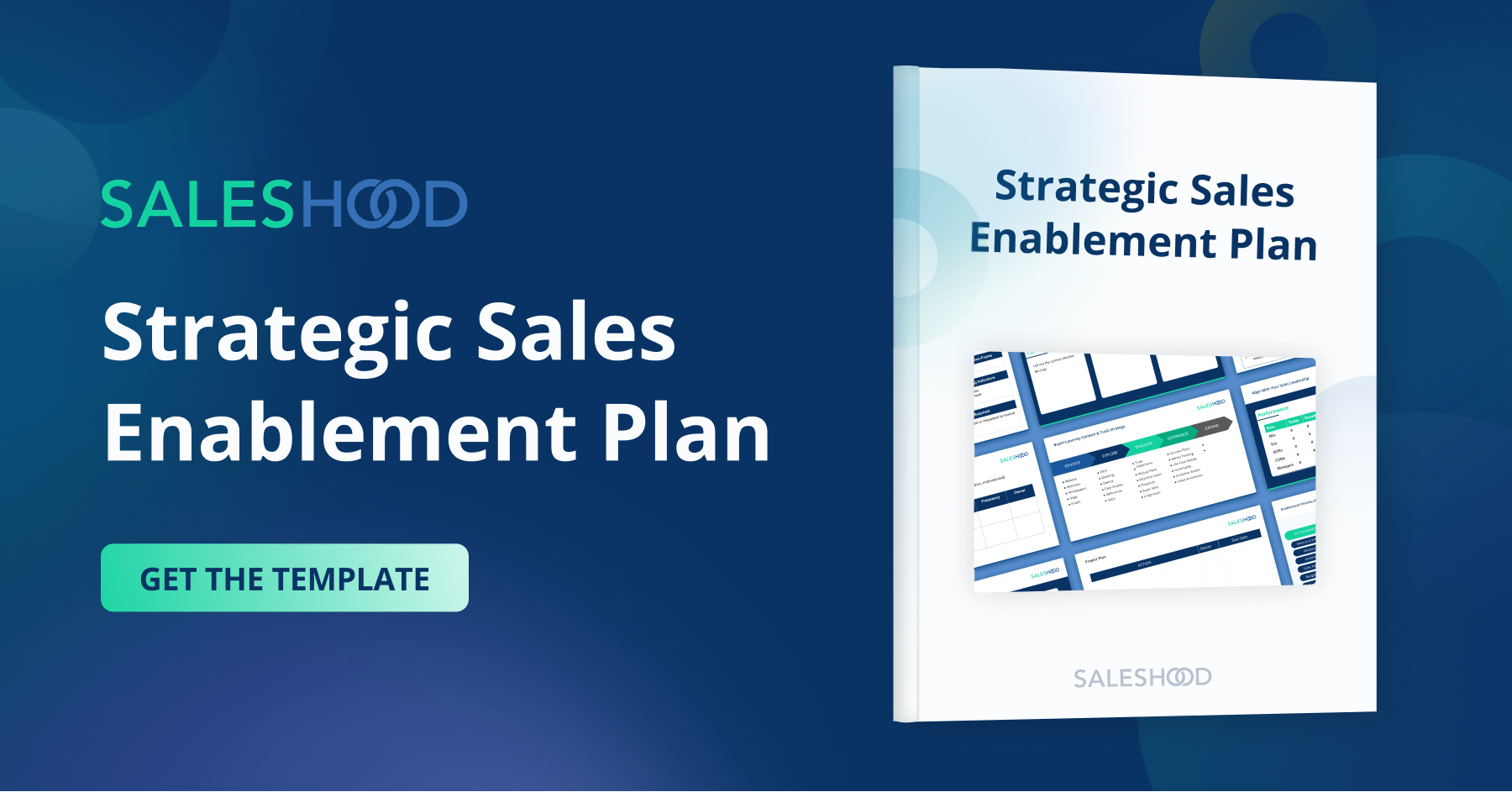Here’s some advice and tips for managers to do better sales coaching and deal inspection. Here’s a great blog for managers to act on before the start of the next month or quarter or year.
Imagine it’s the last day of the month. By now, all orders are in and all bets are off. The ball has just landed after spinning around the wheel. Take this weekend to refresh and reflect on what worked well and what didn’t work so well this month. Over the course of this article, I’ll share some best practices for sales managers coaching their sales teams.
How many deals were pushed out to next month?
There are many reasons why deals get pushed. Some reasons are outside of our control, while most are very much within our control. We shouldn’t beat ourselves up though. It happens.
The question is: What can we learn about our sales motion and sales skills? What can we take from our experiences last month and apply to this month?
When Monday comes around, I suggest taking your team through a constructive review of all the deals that got pushed in the spirit of learning and sharing best practices. Be constructive about lessons learned (both good and bad lessons). Use your team huddle to uncover “blind spots” preventing June from becoming a huge success.
Here are five questions to ask as pushed deals are reviewed together as a team:
How Were Expectations Communicated?
Prior to the deal getting pushed, when emails and discovery conversations were freely flowing back and forth, how were expectations documented and validated? Expectation setting is a powerful tool to use to qualify prospects and map action to results. For example, setting expectations that a demonstration and/or a business case deliverable will result in access to power and/or a signed purchase order is way beyond acceptable. The word to stress in this question is expectations.
How Was The Compelling Event Validated With Top Executives?
We’re pretty good at uncovering pain and business issues. Where we fall short is mapping business challenges to prioritized business initiatives that have specific dates and consequences of inaction. If a compelling event was identified, how was it validated with top executives? If a compelling event isn’t evident, then there’s more discovery work to do.
How Was Value Quantified and Documented?
Spending time with champions unraveling the issues and impacts is key to building a business case. It’s not necessary to create a full financial model. For many, a back of the napkin model is sufficient. Pick one issue and see what happens when value is projected from solving the pain tied to a compelling event. A well-documented business case that’s validated is simply put – money.
How Did We Build Relationships with Our Champion, Executive Sponsor and Influencers?
Connecting with power and influencers is a great way to validate compelling events and business cases. Getting access to power is a great way to qualify the likelihood a deal will happen and not get pushed. Was every effort exerted to connect the dots with executives?
What Was Known About The Decision Making Process?
It became apparent late in the month that there was a decision making process that was not properly discovered. The CFO ended up being away and POs don’t get signed without the CFO signature. Sound familiar? Late stage deal surprises are common when hard questions aren’t asked early and often.
If any one of these questions was not properly addressed, chances are deals got pushed. If more than one of these questions weren’t addressed, taken together, the likelihood deals get pushed is even higher.
The aim of these questions is to give you and your team a framework to have a constructive conversation on Monday morning.
It’s a new month and Monday is a new day. Make it count.



